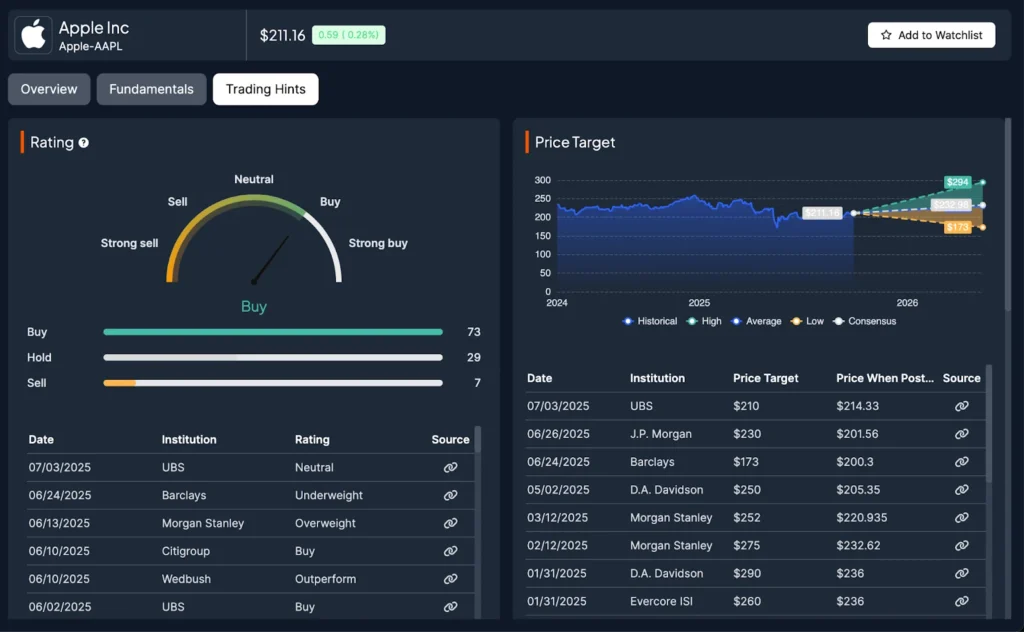
Startups are moving fast. However, growing without control can lead to chaos. That is why many are now investing in Lean Six Sigma Training early in their journey. It is no longer just for big firms. Startups recognise the value of reducing waste and making informed decisions based on data. With the right Lean Six Sigma Tools, they are building smarter systems from day one.
Let us explore why this approach is gaining traction among startups seeking clarity and efficiency.
Table of Contents
- Top Reasons Startups Are Choosing Lean Six Sigma Tools for Growth
- Conclusion
Top Reasons Startups Are Choosing Lean Six Sigma Tools for Growth
Startups today are not just looking to grow fast; they want to grow smart, with structure and precision. Below are the key reasons why Lean Six Sigma is becoming their go-to strategy:
Cutting Waste Before it Costs You
Startups cannot afford to lose time or money. Every pound matters. Lean Six Sigma tools can help with that. They help groups identify unnecessary procedures, prolonged delays, or recurring errors. Your processes remain lean when you cut these early. Your team will be more focused, and your product will be better polished as a result. That might be the difference between burnout and success for entrepreneurs. Additionally, as waste is removed, your team can focus on the things that truly stimulate growth.
Building Scalable Systems That Do Not Break
What used to function is frequently broken by growth. Manual processes create bottlenecks. Data becomes jumbled. There are delays for customers. Startups can create systems that expand with them by implementing the ideas learnt from Lean Six Sigma training. To maintain the clarity and reproducibility of operations, they employ tools such as SIPOC or Suppliers, Inputs, Process, Outputs, Customers and process maps. This facilitates the addition of new employees, clients, or goods without causing havoc. And these reliable processes turn into your greatest asset as your startup expands.
Solving Problems with Facts, Not Guesses
Startups are quick. Quick predictions, however, can lead to costly mistakes. Teams can use facts to address problems with the aid of Lean Six Sigma techniques. Decisions are based on actual data, whether they are using control charts to track process problems or fishbone diagrams to analyse client attrition. This fosters a culture of addressing the underlying problems rather than just the symptoms. And over time, that saves time. Demonstrating that choices are supported by reason rather than chance also increases team confidence.
Winning Customer Trust Through Quality
When something just works, customers notice. When they don’t, they also notice. Startups that utilise Lean Six Sigma training are unique in this regard. To continue improving, they employ quality checks such as DMAIC or Define, Measure, Analyse, Improve, Control. They pay attention to criticism and take prompt action. Customers are more likely to trust a product or service that gets better over time. Referrals and repeat business are the results of such trust. Additionally, consistent quality becomes your finest advertisement in a world where reviews circulate quickly.
Staying Ahead Without Burning Out
Startups frequently depend on dedication and long hours. However, burnout may result from that. Teams may work smarter, not harder, by adopting lean thinking. Teams maintain productivity without expending energy by streamlining procedures, cutting out pointless stages, and concentrating on what matters. Flow is produced using Lean Six Sigma tools. Additionally, people feel more in control when work flows more smoothly. Top talent can be retained, and morale raised with that sense of control.
Training That Pays Off Quickly
Many startup entrepreneurs claim that their team’s strategy changed as soon as they received Lean Six Sigma training. They began to get more out of less, solve issues more efficiently, and ask more effective questions. It’s not about creating new regulations. It is about providing people with the means to act sensibly and think properly. That change has the potential to improve quality and customer satisfaction immediately. Additionally, it gets easier to win over the entire team as results start to appear.
Turning Data into Action
Although they collect a lot of data, startups often fail to utilise it effectively. Using Lean Six Sigma techniques, those facts are transformed into actionable choices. Action is always the main focus, whether it is through process capability analysis or Pareto charts. Performance is not the only thing you are measuring. You’re making it better. Teams can remain outcome-focused and develop purposefully with the support of that pragmatic approach. Additionally, inefficient behaviours start to fade when every team choice is linked to data.
Conclusion
Startups that embrace Lean Six Sigma training are not slowing down. They are building smarter, faster, and more reliable ways to grow. With the help of Lean Six Sigma tools, they avoid common mistakes and establish a solid foundation for success. A certification in Lean Six Sigma offered by The Knowledge Academy can assist in your startup journey.

Diamond Painting Apps & Digital Tools for 2025 Artists

Pallet Wood Sourcing: Ethical and Sustainable Practices

Understanding Cost-Benefit Analysis for Project Feasibility

Accelerating drug discovery through the DEL-ML-CS approach

AI in Marketing Is No Longer a Buzzword — It’s the Strategy

Diamond Painting Apps & Digital Tools for 2025 Artists

Pallet Wood Sourcing: Ethical and Sustainable Practices

Understanding Cost-Benefit Analysis for Project Feasibility








